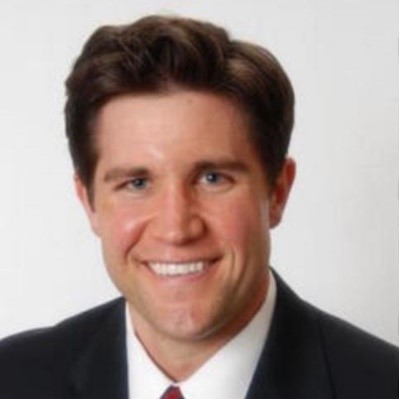Lessons From the UC Irvine Cardiology Fellowship Book Club
In 1975, Arthur Ashe lifted up the Wimbledon Championship Trophy. He was named the greatest tennis player alive. Three years later, at the age of 36, he suffered a heart attack. He underwent a coronary angiogram which revealed severe, multi-vessel coronary artery disease. He wrote a reflection on the episode for The Washington Post to serve as a warning for others, particularly Black Americans such as himself, not to neglect early symptoms.
He underwent two bypass surgeries within the next eight years. During these surgeries, he received blood transfusions from which it is believed he contracted HIV. Arthur Ashe's memoir "Days of Grace" movingly recollects his years advocating for patients with HIV while battling the disease himself. The memoir also reflects on opposing tennis stars, racial prejudice, and, most poignantly, his own exhaustion and discouragement. A Black man of modest upbringing from Richmond, VA, Ashe already felt as though he were the world's most improbable tennis champion. To shape a better world for HIV-afflicted patients in the same lifetime seemed even more improbable. It was too much to expect to touch the sky twice.
Ashe's search for purpose and excellence should resonate with many young doctors undergoing rigorous training in cardiology fellowship. Reading Ashe's biography, I believe, has made me a better physician. I might not have come across the book had it not been for the University of California (UC), Irvine's Cardiology Fellowship Book Club. Piloted by our program director, David Donaldson, MD, FACC, the program issues each fellow a new, non-clinical book at their semi-annual meeting. Each book is carefully curated by Donaldson. At the following semi-annual meeting, the books are reviewed and applied to our clinical training. The aim is to present fellows with new perspectives on successful team building, service, resilience and the enduring pursuit of excellence which medical training demands.
The fellowship-wide book club was inspired by a similar tradition adopted at the highly successful lacrosse program at the University of Virginia (UVA) in Charlottesville, VA, and the U.S. Military Academy in West Point, NY. Donaldson describes a conversation he once had with UVA's men's lacrosse head coach, Lars Tiffany: "At the time, Coach Tiffany wanted to positively shape the culture of his team. But culture is notoriously difficult to change." The act of picking a book and sharing it amongst teammates gave the players a chance to collectively set their goals and identify the values which cannot be compromised to achieve them. Donaldson, an electrophysiologist, sees many parallels between the demanding world of modern procedural cardiology and team-based athletics. The book club is designed to nourish that same sort of successful team culture in our fellowship program at UC Irvine.
Books issued to fellows are not just limited to the world of team sports. Colleagues have described reading historical accounts, philosophical discourses and even fiction such as Ayn Rand's "The Fountainhead." One colleague was given Ryan Holiday's "The Obstacle is the Way," an analysis of ancient Greek principles for living a better life. He found the book to be a practical guide for becoming more productive and resilient. It was so impactful that he purchased it as an audiobook to review its ideas on his daily commute to keep them fresh in his mind.
The books are broadly popular amongst fellows. I thought that some fellows would find the book club to be too time-consuming to participate in. However, even the fellows who did not manage to read their book on time told me that they plan to read it in the future. One of the peculiar wonders of a book is the way in which it can drop its reader into a time, place and life completely estranged from their own and live all the same worries, joys, triumphs and shortcomings which unite us all as human beings. Making a habit of such empathy strengthens our practice as healers. Every patient and physician has a story. And, as Donaldson says: "Every fellow gets a book."
Arthur Ashe passed away in 1993 at the age of 49. One month after his death, his memoir was published. He admonishes: "Start where you are, use what you have, do what you can."

This article was authored Robert Tungate, MD, a cardiology fellow at University of California, Irvine.
This content was developed independently from the content developed for ACC.org. This content was not reviewed by the American College of Cardiology (ACC) for medical accuracy and the content is provided on an "as is" basis. Inclusion on ACC.org does not constitute a guarantee or endorsement by the ACC and ACC makes no warranty that the content is accurate, complete or error-free. The content is not a substitute for personalized medical advice and is not intended to be used as the sole basis for making individualized medical or health-related decisions. Statements or opinions expressed in this content reflect the views of the authors and do not reflect the official policy of ACC.